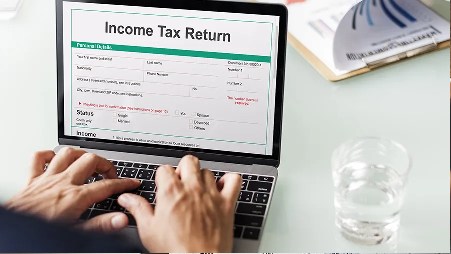 Upon successful completion of the Bookkeeping and Accounts Training, participants will be awarded a certification recognizing their knowledge and practical skills in accounting fundamentals, bookkeeping procedures, and financial reporting. This certificate serves as proof of competency and can enhance career prospects in accounting, finance, or related fields. It demonstrates the learner’s commitment to professional development and readiness to apply accounting principles in real-world scenarios. The certification is issued only after completing all course modules and passing the final assessment, ensuring that the candidate is well-equipped with the necessary expertise to perform effectively in accounting roles.
Upon successful completion of the Bookkeeping and Accounts Training, participants will be awarded a certification recognizing their knowledge and practical skills in accounting fundamentals, bookkeeping procedures, and financial reporting. This certificate serves as proof of competency and can enhance career prospects in accounting, finance, or related fields. It demonstrates the learner’s commitment to professional development and readiness to apply accounting principles in real-world scenarios. The certification is issued only after completing all course modules and passing the final assessment, ensuring that the candidate is well-equipped with the necessary expertise to perform effectively in accounting roles.







